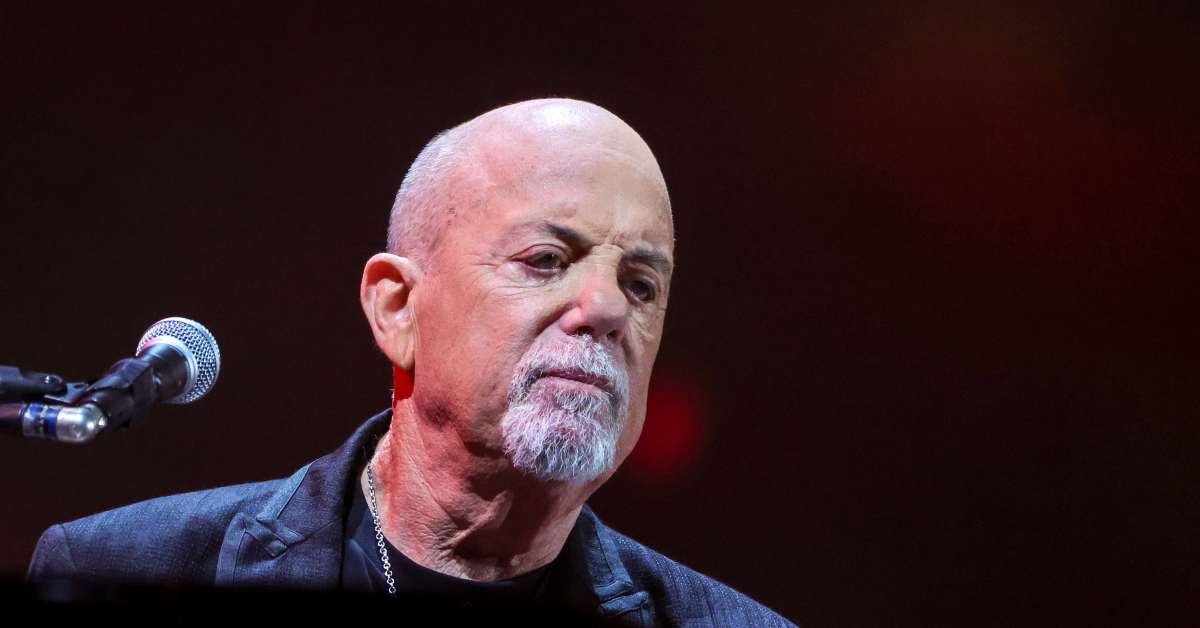Billy Joel's NPH Diagnosis Explained: Leading Neurologist Offers Hopeful Insights

Music icon Billy Joel recently stunned fans by cancelling his ongoing tour, citing a diagnosis of Normal Pressure Hydrocephalus (NPH). The news sparked concern and curiosity about this relatively uncommon condition. Now, a leading neurologist is shedding light on NPH, explaining what it is, how it affects patients like Joel, and offering a cautiously optimistic outlook for the legendary singer's recovery.
Understanding Normal Pressure Hydrocephalus (NPH)
NPH, as the name suggests, involves an abnormal buildup of cerebrospinal fluid (CSF) within the brain's ventricles. Unlike some other hydrocephalus conditions, the pressure isn't necessarily elevated. This makes diagnosis particularly challenging. The CSF cushions the brain and removes waste, but when it accumulates, it can compress brain tissue, leading to a range of neurological symptoms.
Symptoms of NPH: What Billy Joel Might Be Experiencing
The classic triad of symptoms associated with NPH includes:
- Gait disturbance: Often described as a shuffling walk, difficulty with balance, and increased risk of falls. This is frequently the first and most noticeable symptom.
- Cognitive impairment: Problems with memory, concentration, and executive functions (planning, problem-solving) can develop.
- Urinary incontinence: Difficulty controlling bladder function is another common symptom.
While Joel hasn't publicly detailed his specific symptoms, the cancellation of his tour suggests he’s experiencing difficulties impacting his ability to perform. It's important to note that the severity of symptoms can vary greatly from person to person.
Diagnosis and Treatment: A Path to Potential Recovery
Diagnosing NPH requires a combination of neurological examination, imaging scans (like MRI and CT scans), and often, a lumbar puncture to measure CSF pressure. The gold standard for diagnosis is a tap test, where CSF is temporarily drained from the brain to see if symptoms improve. If the tap test is successful, a more permanent solution is usually recommended: a shunt.
A shunt is a small, flexible tube surgically implanted to redirect excess CSF from the brain to another part of the body, typically the abdomen, where it can be absorbed. Shunt placement can significantly improve symptoms and quality of life for many NPH patients.
Hope for Billy Joel: The Prognosis
“The good news is that NPH is often treatable,” explains Dr. [Neurologist's Name - *Assume a name for the article*], a renowned neurologist at [Hospital/Institution - *Assume an institution*]. “While it doesn’t cure the underlying condition, shunt placement can provide remarkable relief and allow patients to regain a significant degree of function. Billy Joel is a remarkably resilient individual, and with appropriate treatment and rehabilitation, I am optimistic about his recovery and eventual return to the stage.”
The cancellation of the tour was undoubtedly a disappointment for fans, but this diagnosis, while serious, offers a pathway to potential improvement. We wish Billy Joel a speedy and full recovery and look forward to hearing his music again soon.






